Latest News
CCPC PARTICIPATES IN THE INAUGURAL INVEST-ZAMBIA INTERNATIONAL CONFERENCE (IZIC) 2025
2025-07-18
The Competition and Consumer Protection Commission (CCPC) is participating in the ongoing inaugural Invest Zambia International Conference (IZIC) 2025, taking place from 16th to 18th July at the Mulungushi International Conference Centre in Lusaka. The IZIC2025 conference was officially launched yesterday by Republican President Mr. Hakainde Hichilema, who underscored Government’s commitment to fostering a stable, predictable, and investor-friendly environment. In his keynote address, President Hichilema called for enhanced joint ventures and partnerships to accelerate Zambia’s economic transformation and industrial growth, emphasizing the need for transparent and efficient market systems. The conference has brought together over 2,000 international delegates including investors, policymakers, industry leaders, and development partners under the theme “Driving Generational Transformative Investments through Joint Ventures and Partnerships.” As Zambia positions itself as a competitive investment destination, CCPC remains committed to ensuring fair competition and consumer welfare in an evolving economic landscape. CCPC’s senior staff led by the Executive Director, Mrs. Eunice Phiri Hamavhwa‘s participation at IZIC 2025 reflects the institution’s mandate to promote a business environment where markets function efficiently, and partnerships thrive on the principles of transparency, fairness and accountability. Delegates are encouraged to visit the Ministry of Commerce one stop shop through which CCPC is exhibiting and learn more about fair competition as we foster investor confidence.CCPC
CCPC CONFISCATES EXPIRED GOODS WORTH OVER K12,000
2025-07-18
On 17th July 2025, the Competition and Consumer Protection Commission (CCPC) confiscated assorted expired goods valued at K12,211.50 during a joint operation with Kaoma Town Council in Kaoma District.
The spot inspections were conducted in Kaoma’s Central Business District (CBD) as part of ongoing efforts to enhance consumer welfare and ensure traders’ compliance with the Competition and Consumer Protection Act No. 24 of 2010, as amended by Act No. 21 of 2023; and the Food Safety Act No. 7 of 2019 and other relevant laws.
The exercise in Kaoma’s CBD reflects the continued commitment by the Commission and Local Authorities to protect consumers from unsafe products and uphold fair trading practices.

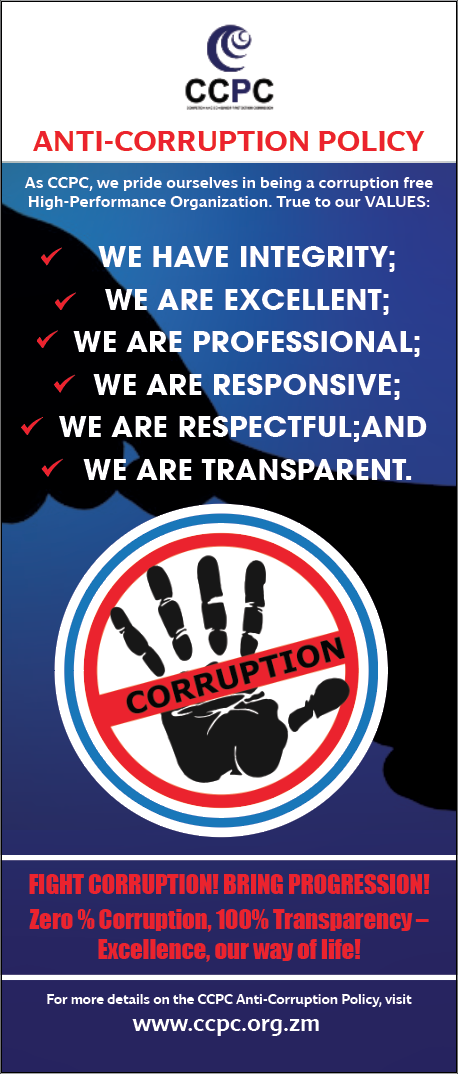
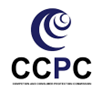


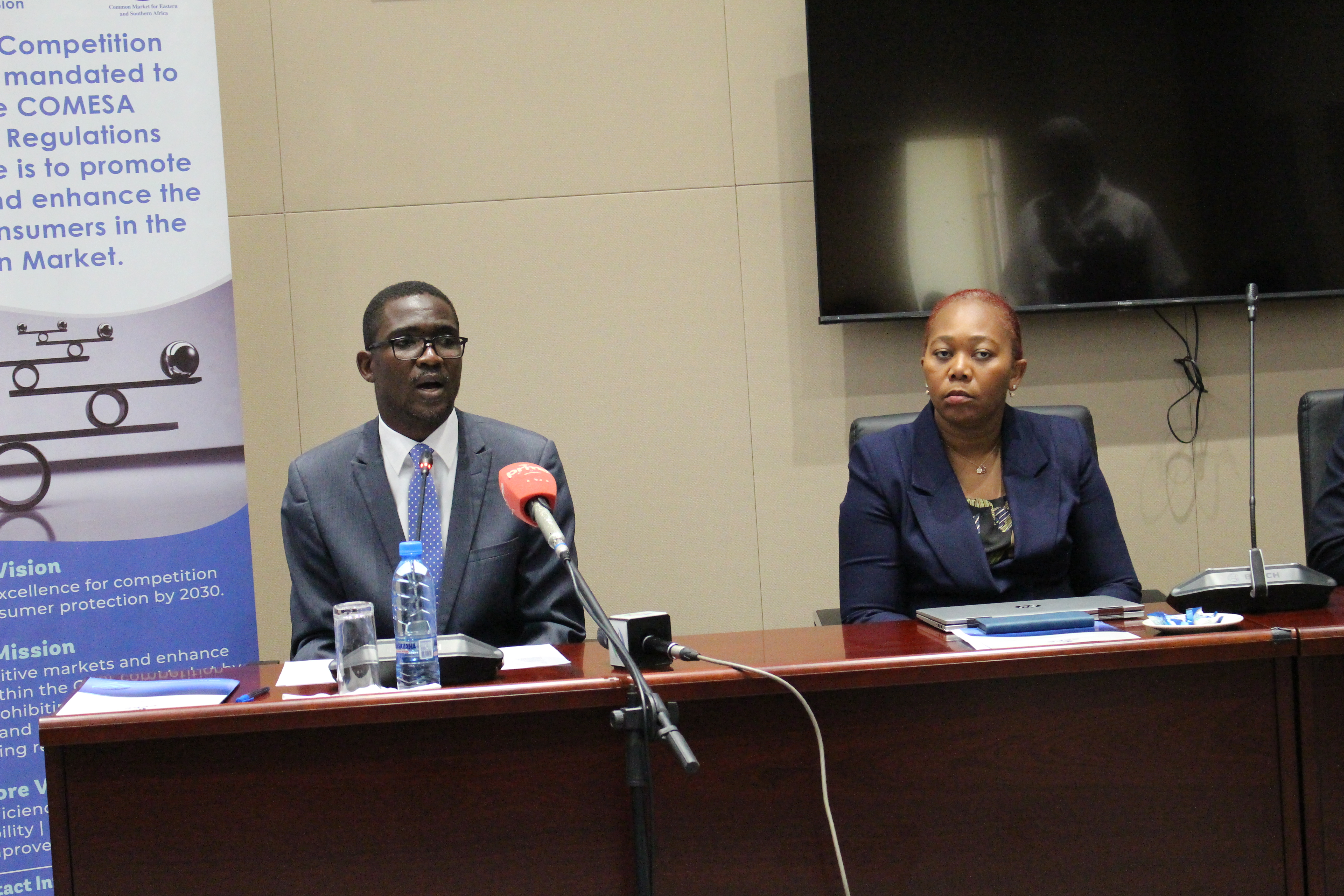


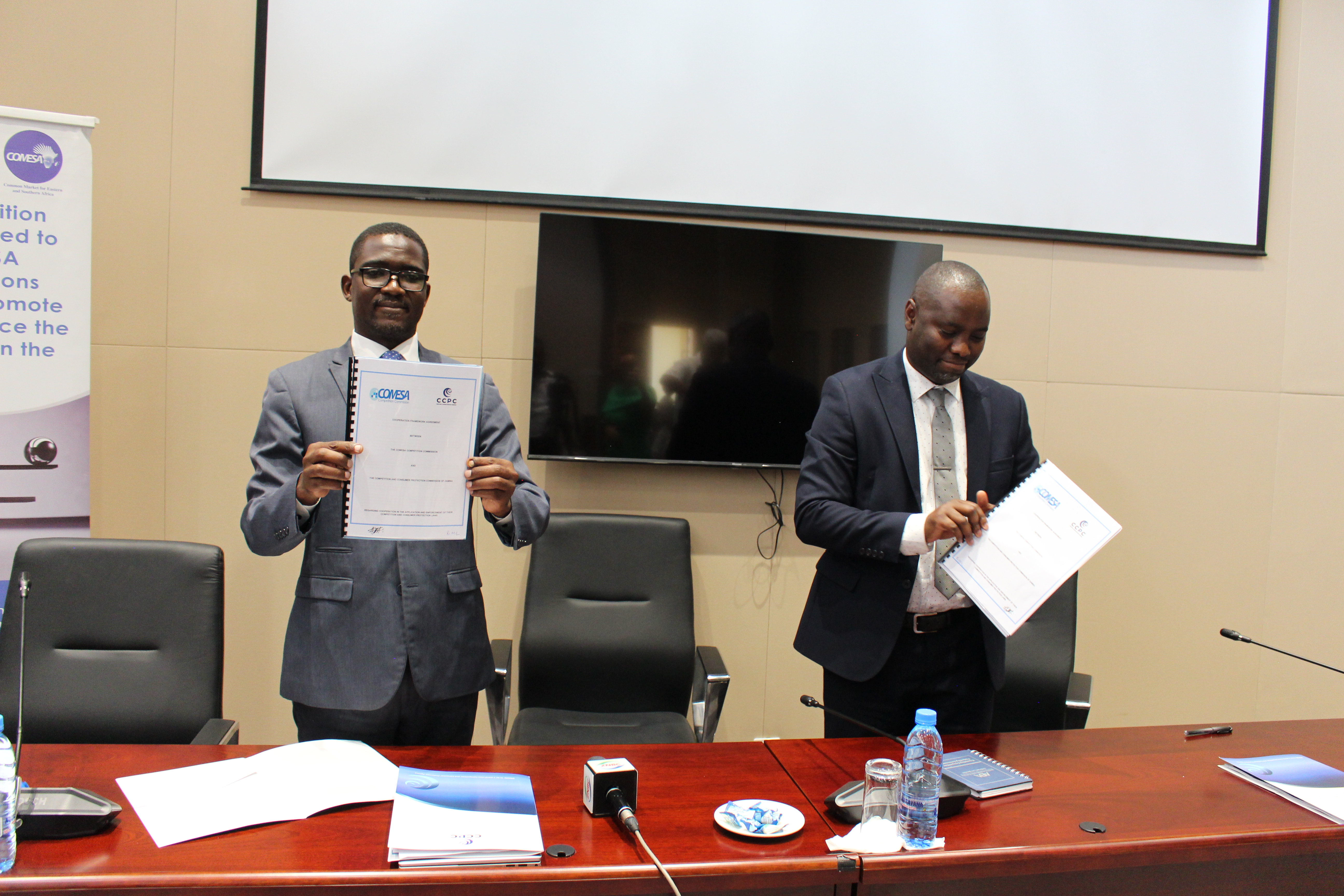
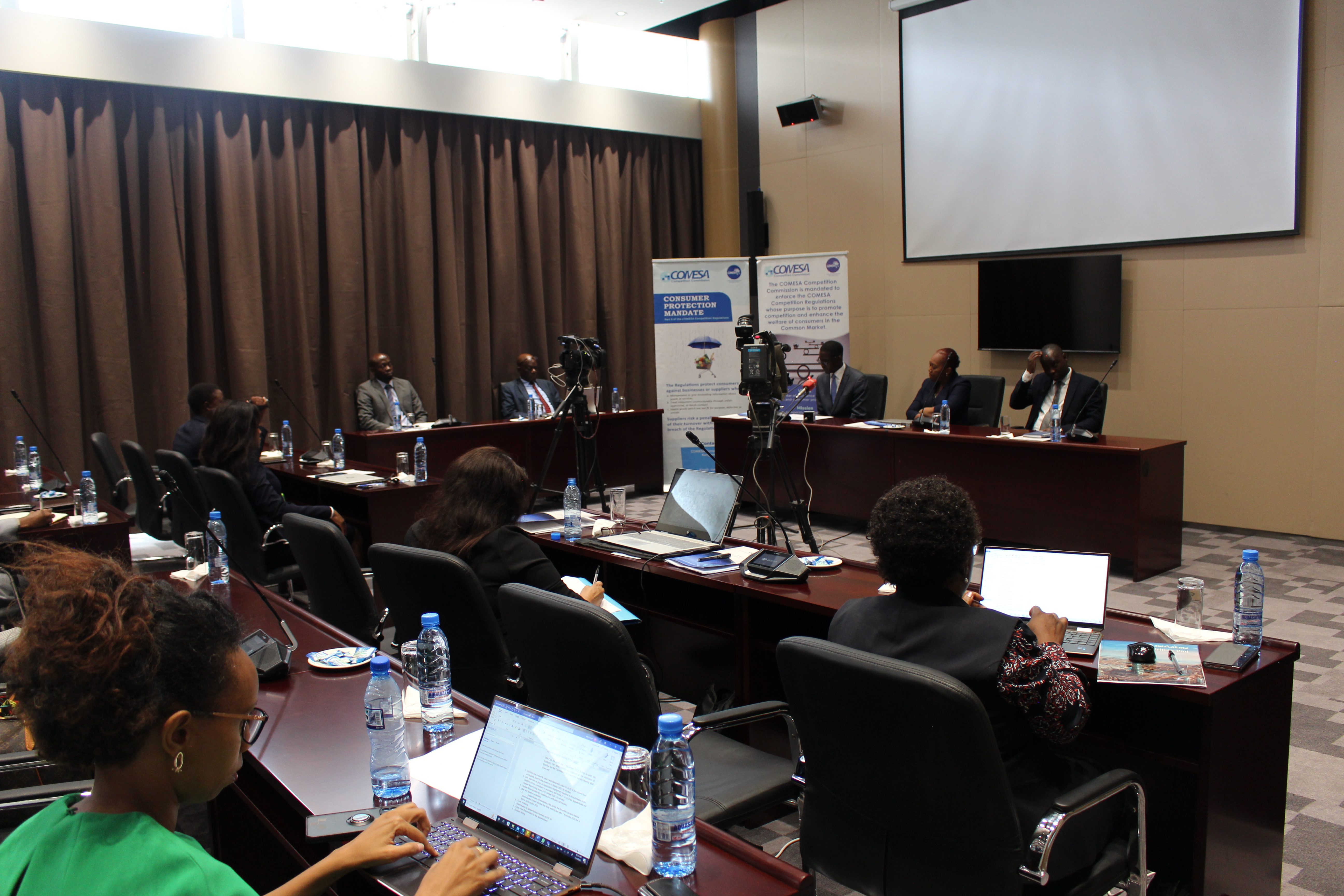
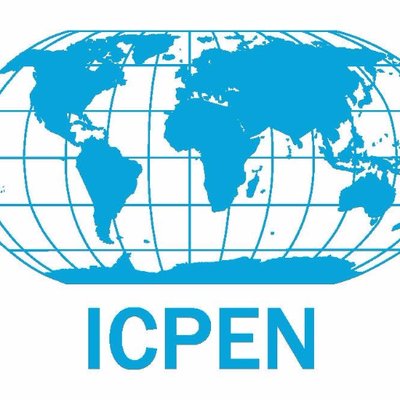 International Consumer Protection
International Consumer Protection